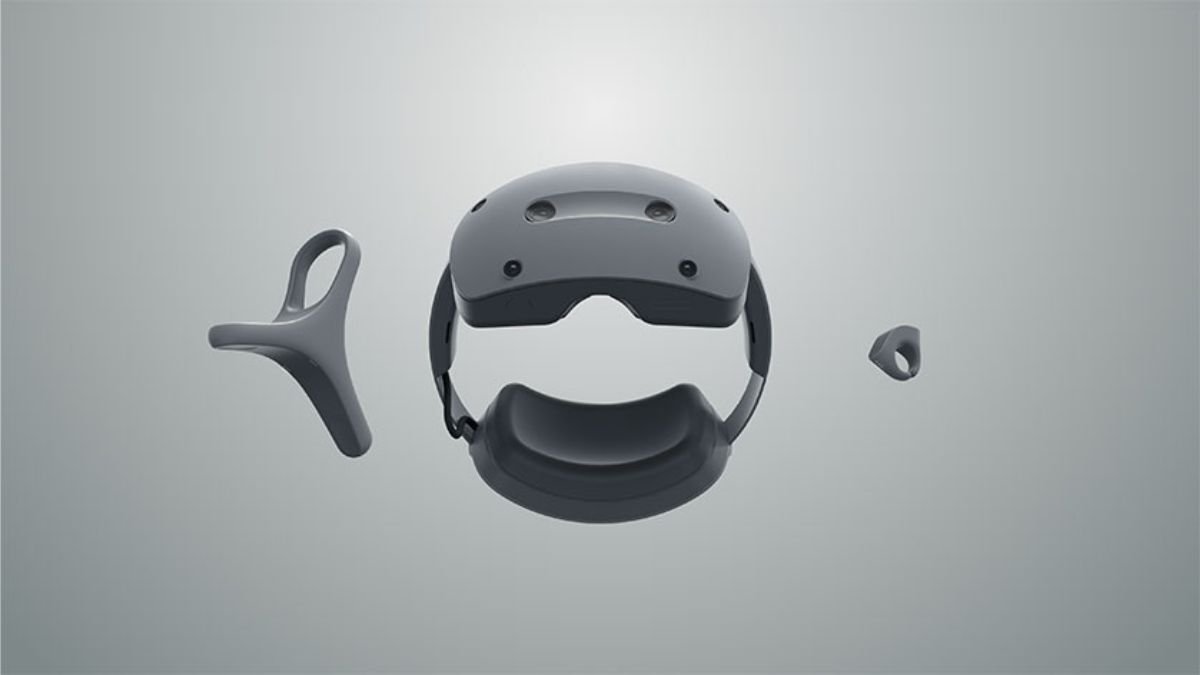In the evolving world of XR technology, selecting the right headset can be a daunting task. Among the plethora of options available, the Vision Pro has emerged as a significant player, but it’s not the only one worth considering. This article delves into the latest offerings in the XR headset market, comparing their features, pros, and cons to help you make an informed decision.
Key Highlights:
- Vision Pro offers cutting-edge technology but at a high price point.
- XReal Air 2 Ultra stands out for its comfort and high-resolution display.
- HTC Vive XR Elite offers a versatile MR, VR, and AR experience.
- The Meta Quest Pro focuses on independent tracking and haptic response.
- Immersed’s Visor XR Headset targets productivity with AR and MR capabilities.

XR Headset Market Overview
The XR headset market is expanding, with a significant shift from pure virtual reality to mixed reality (MR). Standalone headsets are gaining popularity, and companies are striving to offer products with more immersive experiences and improved usability.
Vision Pro: A Premium Contender
The Vision Pro by Apple has made waves with its advanced technology. However, its high price point of $3,500 may be a deterrent for many potential users. It’s a state-of-the-art device but may not be the most accessible option for the average consumer.
XReal Air 2 Ultra: A Balanced Choice
Priced at $699, the XReal Air 2 Ultra is a more budget-friendly alternative to the Vision Pro. It offers a sleek design similar to high-end sunglasses and weighs just 80 grams, making it comfortable for prolonged use. Its display and sound quality are impressive, thanks to Micro OLED panels and robust directional audio. However, its full capabilities for spatial computing were not fully demonstrated.
HTC Vive XR Elite: Versatility at Its Best
The HTC Vive XR Elite, priced at around $1,099, is noted for its versatility, capable of switching between VR, AR, and MR modes. It’s praised for its comfortable wear and good mixed reality experience, though it falls short in consistent hand tracking and lacks eye and face tracking.
Meta Quest Pro: For the Entertainment and Business Blend
The Meta Quest Pro, under $1,000, stands out for its independent tracking controllers and haptic response, making it ideal for entertainment-for-business scenarios. However, its image quality may appear grainy, and it doesn’t offer high-level data protection.
Immersed Visor XR: Focused on Productivity
- Targeted Use: Optimized for productivity and enterprise use, it’s a great choice for professionals.
- Display Options: Offers 2.5K or 4K micro OLED per eye, depending on the model, ensuring high-quality visuals.
- Modular Design: Features like a modular mount and light blocker add to its appeal for professional use.
- Pricing: Ranging from $499 to $999, it’s an affordable option for businesses and remote workers.
In conclusion, while the Vision Pro is a technologically advanced option, its high price makes it less accessible. For most consumers, the XReal Air 2 Ultra and HTC Vive XR Elite offer a more balanced mix of features and affordability. The Meta Quest Pro and Immersed Visor XR also present themselves as strong contenders, each catering to specific user needs.


















